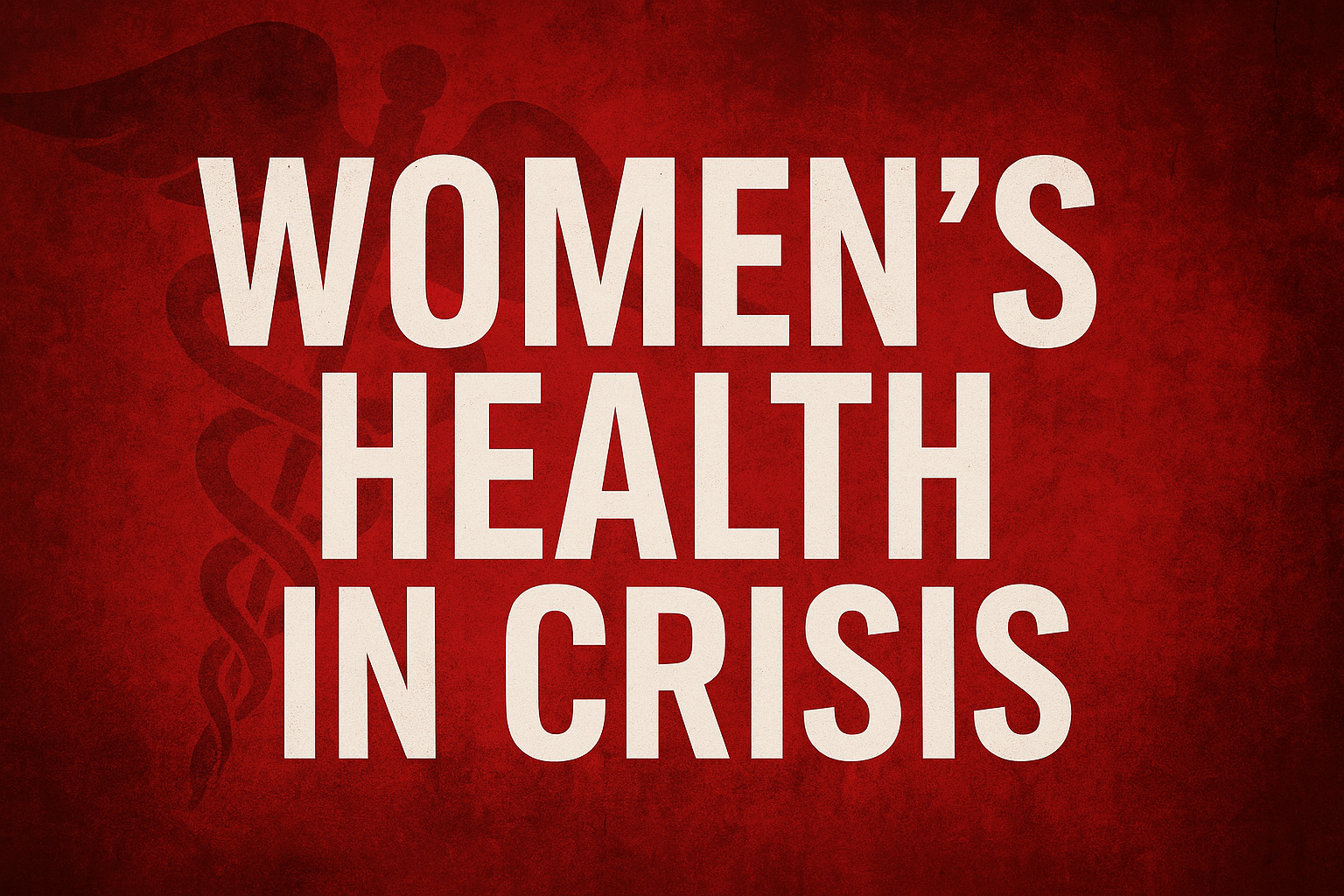Georgia families face the highest fetal death rate in America, with numbers nearly six times the national average according to new research.
🚨 Why It Matters: These alarming statistics affect thousands of Georgia families each year and raise serious questions about maternal healthcare access and quality women’s health care across the state.
🏥 The Numbers: Georgia recorded 7,879 fetal deaths against 125,120 live births in 2023, creating a rate of 6,297 fetal deaths per 100,000 live births.
This rate stands 588% higher than the national average of 915 fetal deaths per 100,000 live births.

📈 Behind The Numbers: Some of you may be asking how these numbers can be over 100%. This isn’t a problem with the numbers, it just means you are bad at math. Percentages of increase over 100% mean something has more than doubled. For example, a 100% increase means something has doubled, a 200% increase means it’s three times bigger than it was at the start.
📊 Between The Lines: The Birth Injury Lawyers Group, which conducted the study, points to potential issues with healthcare quality and accessibility as major factors.
“Women in this state may face higher risks during pregnancy, with potentially inadequate access to prenatal care and high-quality maternal health services,” a spokesperson from the group said.
🔍 The Big Picture: The findings come at a time when maternal healthcare faces increased scrutiny nationwide. Experts suggest improving healthcare access could significantly reduce these numbers and save lives.
The study analyzed CDC fetal death data from 2023 and compared it with live birth information from the Kaiser Family Foundation to determine rates across all 50 states.
🛑 🛑 🛑
Before You Dismiss This Article…
We live in a time when information feels overwhelming, but here’s what hasn’t changed: facts exist whether they comfort us or not.
When A&W launched their third-pound burger to compete with McDonald’s Quarter Pounder in the 1980s, it failed spectacularly. Not because it tasted worse, but because customers thought 1/3 was smaller than 1/4. If basic math can trip us up, imagine how easily we can misread complex news.
The press isn’t against you when it reports something you don’t want to hear. Reporters are thermometers, not the fever itself. They’re telling you what verified sources are saying, not taking sides. Good reporting should challenge you — that’s literally the job.
Next time a story makes you angry, pause. Ask yourself: What evidence backs this up? Am I reacting with my brain or my gut? What would actually change my mind? And most importantly, am I assuming bias just because the story doesn’t match what I hoped to hear.
Smart readers choose verified information over their own comfort zone.

B.T. Clark
B.T. Clark is an award-winning journalist and the Publisher of The Georgia Sun. He has 25 years of experience in journalism and served as Managing Editor of Neighbor Newspapers in metro Atlanta for 15 years and Digital Director at Times-Journal Inc. for 8 years. His work has appeared in several newspapers throughout the state including Neighbor Newspapers, The Cherokee Tribune and The Marietta Daily Journal. He is a Georgia native and a fifth-generation Georgian.


